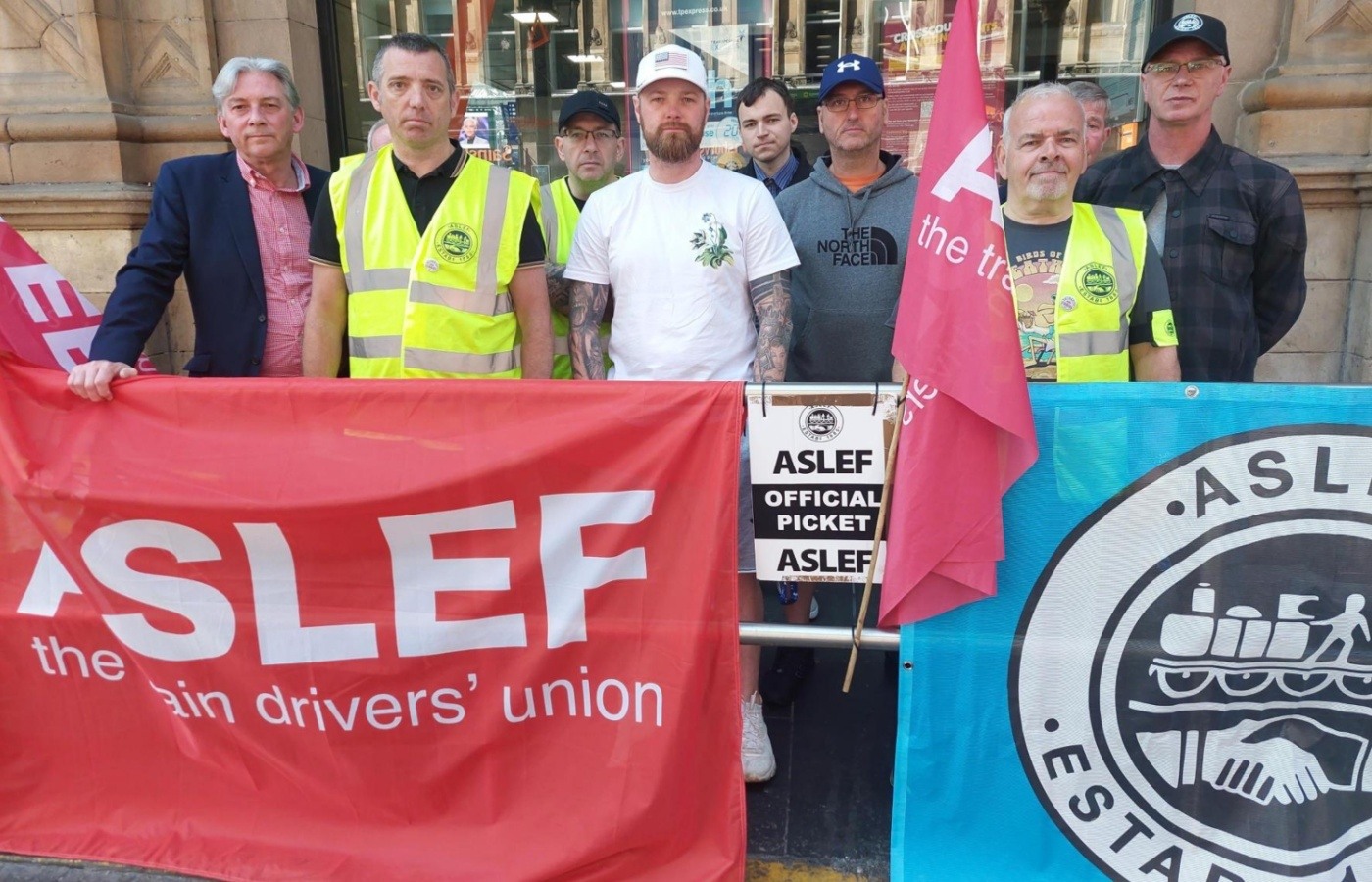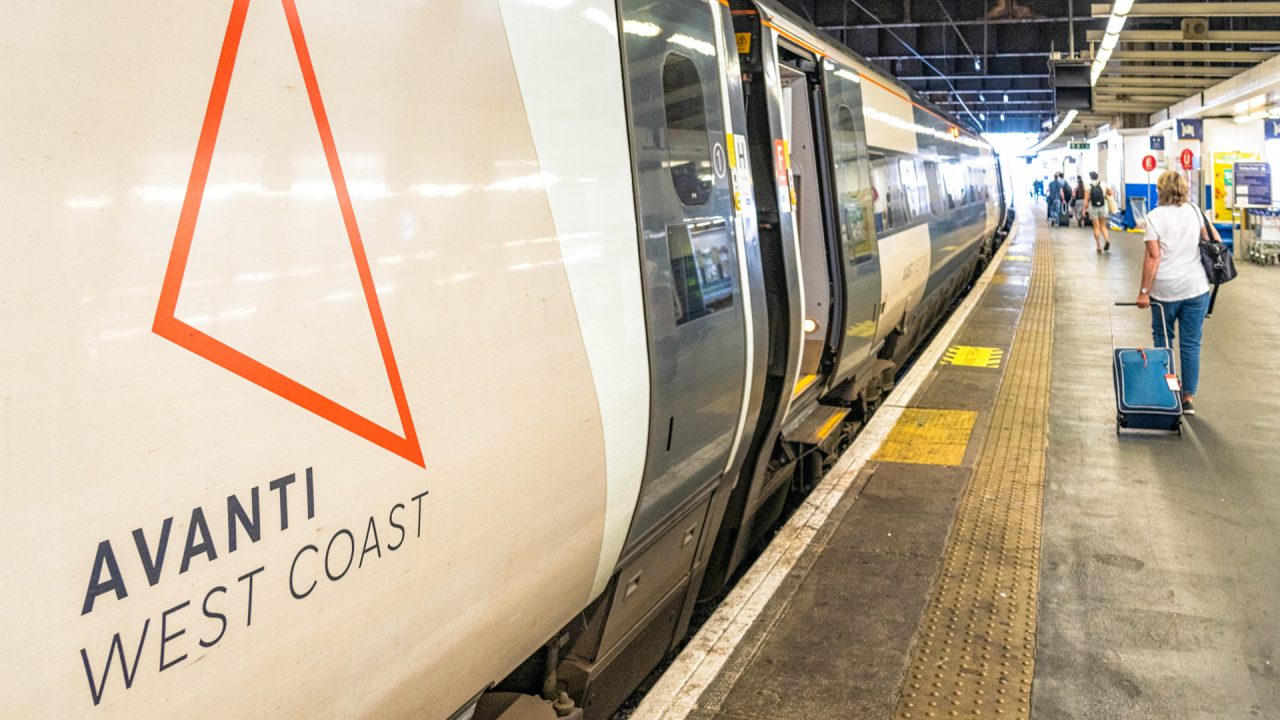Trains between Scotland and England are to be cancelled due to strike action with warnings of further disruption in December.
Members of Aslef at 16 operating companies including Avanti West Coast, LNER CrossCountry, Northern and Transpennine Express will refuse to work overtime from Friday until December 9 and will stage a series of strikes over pay between December 2 and 8.
LNER train drivers will strike on Saturday December 2; Avanti West Coast on Sunday December 3; CrossCountry on Thursday December 7 followed by Northern and TransPennine on Friday December 8.
Train companies said they will operate as many trains as possible but there will be wide regional variations, with some operators running no services at all on strike days.
Services that are running will start later and finish much earlier than usual – typically running between 7.30am and 6.30pm.
It is also likely that services on some lines will be affected on the evening before and morning after each strike between December 2 and 8 because much of the rolling stock will not be in the right depots.
Passengers are being urged to check their full journeys before embarking as services are expected to be “extremely busy.”
Mick Whelan, Aslef’s general secretary, said: “We are going on strike again not to inconvenience passengers, but to express our disgust at the intransigence of this Government, and the bad faith shown by the private companies which employ us.
“It is clear that the Tory Government does not want to resolve this dispute. We haven’t had a meeting with Mark Harper, the transport secretary, since December 2022.
“We haven’t had a meeting with Huw Merriman, the rail minister, since January this year, and we haven’t heard from the employers since April.
“We are prepared to come to the table and negotiate but the train operating companies and the Tories that stand behind them are not.
“This is turning into a political, rather than an industrial, dispute. They simply can’t be bothered.
“They are happy to see this dispute rumble on, for passengers and businesses to suffer, and to drive Britain’s railways – once the envy of the world – into a managed decline.”
 STV News
STV NewsAslef said the rolling programme of one-day strikes and overtime ban was designed to “ratchet up the pressure” on the train operators (TOCs) and the Government.
“We are determined to win this dispute and get a significant pay rise for train drivers who have not had an increase since 2019 while the cost of living, in that time, has soared.
“Our strikes have forced TOCs to cancel services and the ban on overtime has seriously disrupted the network as none of the train companies employs enough drivers to provide a proper service – the service they have promised passengers and businesses they will deliver – without asking drivers to work their rest days.”
A spokesperson for the Rail Delivery Group said: “This unnecessary and avoidable industrial action called by the Aslef leadership has been targeted to disrupt customers and businesses ahead of the vital festive period, where people will be attending events and catching up with friends and loved ones.
“It will also inflict further damage on an industry that is receiving up to an additional £175m a month in taxpayer cash to keep services running, following the Covid downturn.
“The Aslef leadership are blocking a fair and affordable offer made by industry in the spring which would take average driver base salaries for a four-day week from £60,000 to nearly £65,000. We urge them to put it to its members, give Christmas back to our customers, and end this damaging industrial dispute.”
It comes after workers in the Rail, Maritime and Transport union (RMT) voted to accept a pay deal on Thursday, ending an 18-month long dispute with operators.
Members accepted an offer of a backdated pay rise of 5% for the 2022-23 financial year, including job security guarantees and no changes to working conditions.
Follow STV News on WhatsApp
Scan the QR code on your mobile device for all the latest news from around the country


 iStock
iStock

























